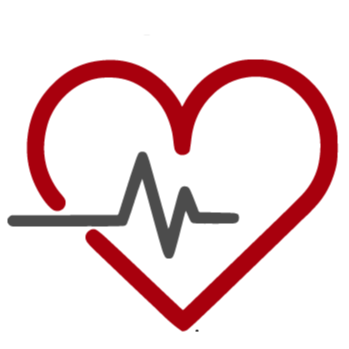Without treatment, a hypertensive crisis can cause many severe side effects.
Examples of these can include:
- Excess fluid in the lungs
Therefore, it is vital that a person does not ignore a severe headache and any other symptoms relating to high blood pressure.
If the hypertension is not treated or controlled the excessive pressure on the artery walls can lead to damage of the blood vessels (cardiovascular disease), as well as vital organs. The extent of damage depends on two factors; the severity of the hypertension and how long it goes on for untreated.
- Thickened, narrow, or torn blood vessels in the eyes
- Heart attack and heart failure
- Brain function and memory problems
